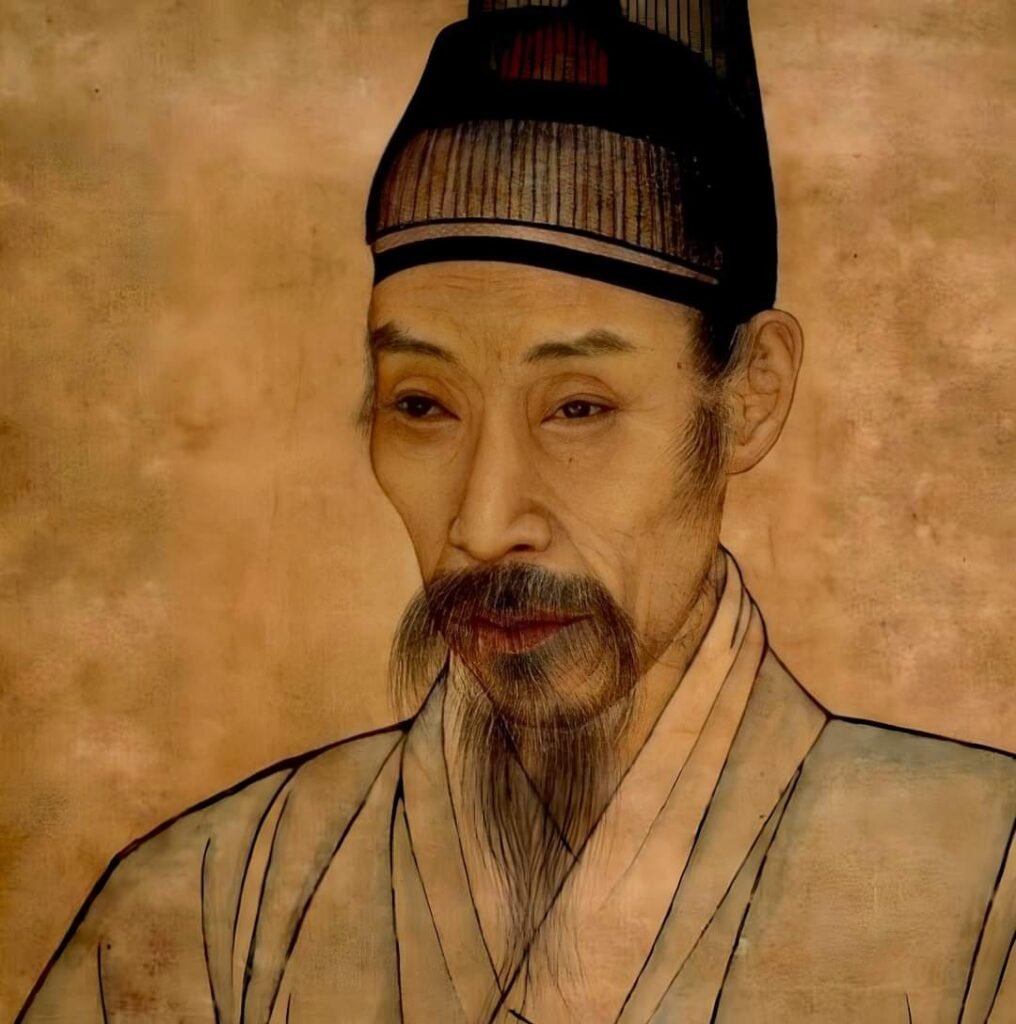#history
#philosophy
Confucius .
“Confucius (B.C. 551-479) must be reckoned, as regards his social influence, with the great founders of religions.
However, unlike Buddha and Christ, Confucius is a completely historical character, about whose life a great deal is known, and with whom legend and myth have been less busy than with most men of his kind.
When one compares Confucius with the traditional religious teachers of some other ages and races, one must admit that he has many great merits, even if they are mainly negative.
His system, as developed by his followers, is one of pure ethics; it has not given rise to a powerful priesthood, and it has not led to a great persecution. His code of ethics is without much religious dogma and has been respected ever since.
This crucially distinguishes him from other religious founders. Consequently, this code of ethics gave place to the near complete theological scepticism in the countless generations of Chinese literati who revered Confucian memory and administered the Empire.
His system certainly has succeeded in producing a nation largely possessed of exquisite manners and courtesy. Nor is Chinese courtesy merely conventional; it is quite as reliable in situations for which no precedent has been provided. And it is not confined to one class; it exists even in the humblest peasant.
It is humiliating to watch the brutal insolence of white men received by the Chinese with a quiet dignity which cannot demean itself to answer rudeness with rudeness. Europeans often regard this as weakness, but it is really strength, the strength by which the Chinese have hitherto conquered all their conquerors
Confucius was a practical statesman, concerned with the administration of the State; the virtues he sought to inculcate were not those of personal holiness, or designed to secure salvation in a future life, but rather those which lead to a peaceful and prosperous community here on earth.
His outlook was essentially conservative, and aimed at preserving the virtues of former ages. He did not, however, lay any stress upon supernatural matters. Confucius gave the following definition of wisdom:
“To cultivate earnestly our duty towards our neighbour, and to reverence spiritual beings while maintaining always a due reserve.“
Reverence for spiritual beings was not an active part of Confucianism, except in the form of ancestor-worship, which was part of filial piety, and thus merged in duty towards one’s neighbour.“
– Bertrand Russell,
The Problem of China.
Image: Portrait of Confucius as a scholar, British Museum.

